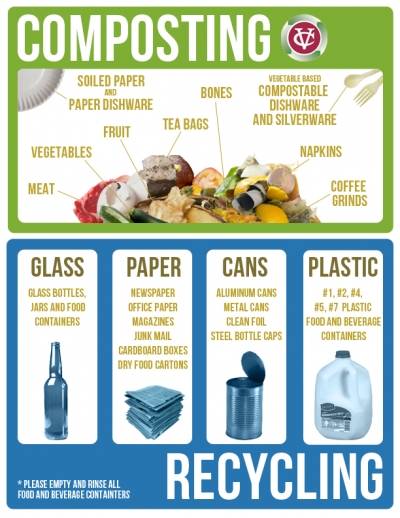Composting is a time-honored practice that has been used for centuries to enrich the soil and promote healthy plant growth. In recent years, as people become more conscious of the food they eat and the impact it has on their health and the environment, composting has gained popularity. Nutrient-rich compost is an excellent addition to any garden or homestead, providing numerous benefits for both plants and the overall ecosystem.
One of the primary advantages of using nutrient-rich compost in gardening is its ability to improve soil structure. Compost contains organic matter that helps loosen compacted soils, allowing water and oxygen to penetrate more easily. This enhanced soil structure promotes better root development in plants, leading to healthier growth and increased resistance against diseases and pests.
In addition to improving soil structure, nutrient-rich compost also serves as a natural fertilizer. Compost is packed with essential nutrients like nitrogen, phosphorus, potassium, calcium, magnesium, and trace elements that are vital for plant growth. Unlike synthetic fertilizers which can leach into groundwater or harm beneficial organisms in the soil when used excessively, compost releases nutrients slowly over time without causing environmental damage.
Furthermore, using nutrient-rich compost reduces the need for chemical pesticides and herbicides in gardening. The rich microbial activity found in well-made compost helps suppress harmful pathogens that can cause diseases in plants. Additionally, by adding organic matter to the soil through composting instead of relying solely on chemical inputs like synthetic fertilizers or pesticides, gardeners can create a balanced ecosystem where beneficial insects thrive while pests are kept under control naturally.
Another key benefit of incorporating nutrient-rich compost into gardening practices is its ability to retain moisture effectively. Compost acts as a sponge within the soil matrix by absorbing water during periods of excessive rainfall or irrigation and releasing it slowly during drier times. This moisture-retention property not only reduces water consumption but also helps prevent erosion by stabilizing soils against heavy rains or winds.
Lastly but equally important, composting helps minimize food waste and contributes to a more sustainable lifestyle. By diverting organic waste from landfills and turning it into valuable garden fertilizer instead, composting reduces greenhouse gas emissions and supports the circular economy. It provides an opportunity for individuals to actively participate in reducing their carbon footprint while simultaneously improving the health of their own gardens.
In conclusion, nutrient-rich compost is a valuable resource that offers numerous benefits for gardening enthusiasts. From improving soil structure and fertility to reducing reliance on synthetic inputs and conserving water, incorporating compost into gardening practices has proven advantages. Moreover, by embracing composting as part of a sustainable lifestyle, individuals can contribute to a healthier environment while reaping the rewards of vibrant gardens filled with flourishing plants.


Leave a comment